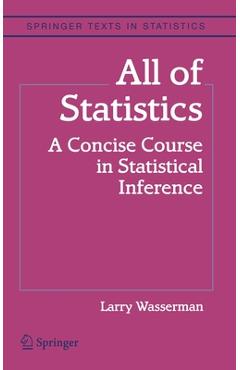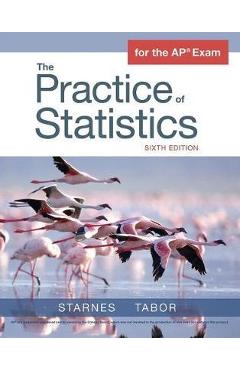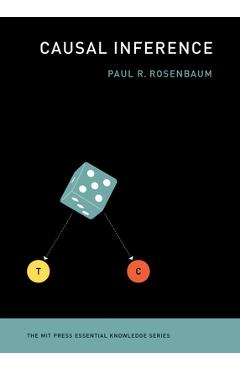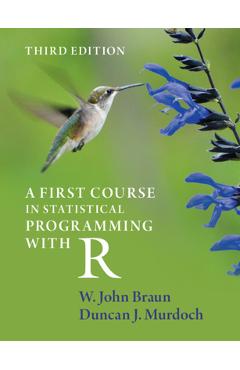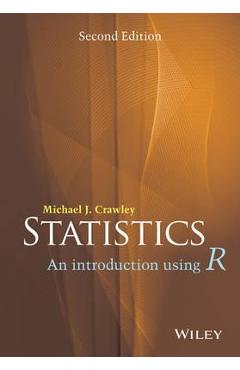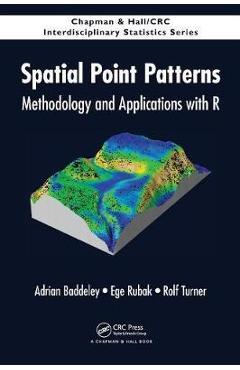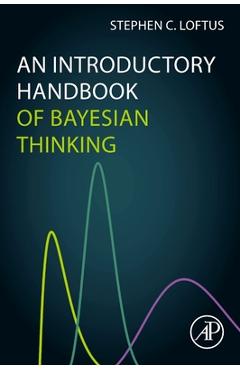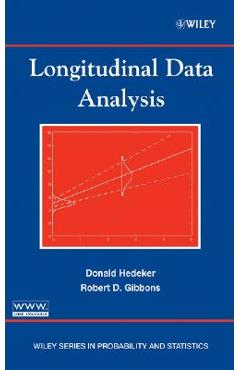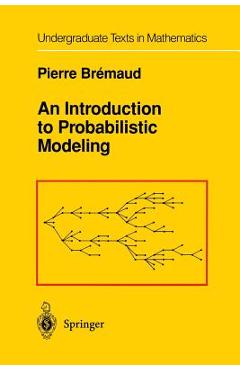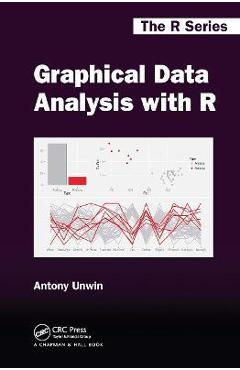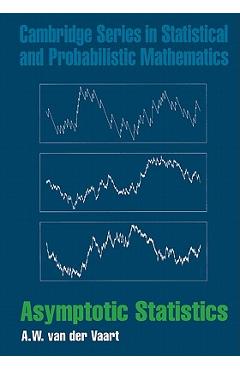Fundamentals of Causal Inference: With R
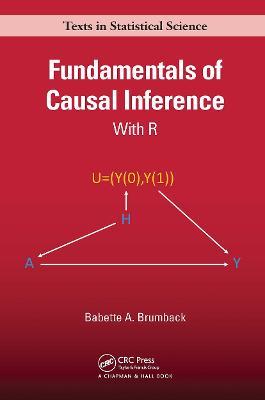
Fundamentals of Causal Inference: With R
One of the primary motivations for clinical trials and observational studies of humans is to infer cause and effect. Disentangling causation from confounding is of utmost importance. Fundamentals of Causal Inference explains and relates different methods of confounding adjustment in terms of potential outcomes and graphical models, including standardization, difference-in-differences estimation, the front-door method, instrumental variables estimation, and propensity score methods. It also covers effect-measure modification, precision variables, mediation analyses, and time-dependent confounding. Several real data examples, simulation studies, and analyses using R motivate the methods throughout. The book assumes familiarity with basic statistics and probability, regression, and R and is suitable for seniors or graduate students in statistics, biostatistics, and data science as well as PhD students in a wide variety of other disciplines, including epidemiology, pharmacy, the health sciences, education, and the social, economic, and behavioral sciences. Beginning with a brief history and a review of essential elements of probability and statistics, a unique feature of the book is its focus on real and simulated datasets with all binary variables to reduce complex methods down to their fundamentals. Calculus is not required, but a willingness to tackle mathematical notation, difficult concepts, and intricate logical arguments is essential. While many real data examples are included, the book also features the Double What-If Study, based on simulated data with known causal mechanisms, in the belief that the methods are best understood in circumstances where they are known to either succeed or fail. Datasets, R code, and solutions to odd-numbered exercises are available at www.routledge.com.
One of the primary motivations for clinical trials and observational studies of humans is to infer cause and effect. Disentangling causation from confounding is of utmost importance. Fundamentals of Causal Inference explains and relates different methods of confounding adjustment in terms of potential outcomes and graphical models, including standardization, difference-in-differences estimation, the front-door method, instrumental variables estimation, and propensity score methods. It also covers effect-measure modification, precision variables, mediation analyses, and time-dependent confounding. Several real data examples, s
PRP: 725.31 Lei
Acesta este Pretul Recomandat de Producator. Pretul de vanzare al produsului este afisat mai jos.
652.78Lei
652.78Lei
725.31 LeiLivrare in 2-4 saptamani
Descrierea produsului
One of the primary motivations for clinical trials and observational studies of humans is to infer cause and effect. Disentangling causation from confounding is of utmost importance. Fundamentals of Causal Inference explains and relates different methods of confounding adjustment in terms of potential outcomes and graphical models, including standardization, difference-in-differences estimation, the front-door method, instrumental variables estimation, and propensity score methods. It also covers effect-measure modification, precision variables, mediation analyses, and time-dependent confounding. Several real data examples, simulation studies, and analyses using R motivate the methods throughout. The book assumes familiarity with basic statistics and probability, regression, and R and is suitable for seniors or graduate students in statistics, biostatistics, and data science as well as PhD students in a wide variety of other disciplines, including epidemiology, pharmacy, the health sciences, education, and the social, economic, and behavioral sciences. Beginning with a brief history and a review of essential elements of probability and statistics, a unique feature of the book is its focus on real and simulated datasets with all binary variables to reduce complex methods down to their fundamentals. Calculus is not required, but a willingness to tackle mathematical notation, difficult concepts, and intricate logical arguments is essential. While many real data examples are included, the book also features the Double What-If Study, based on simulated data with known causal mechanisms, in the belief that the methods are best understood in circumstances where they are known to either succeed or fail. Datasets, R code, and solutions to odd-numbered exercises are available at www.routledge.com.
One of the primary motivations for clinical trials and observational studies of humans is to infer cause and effect. Disentangling causation from confounding is of utmost importance. Fundamentals of Causal Inference explains and relates different methods of confounding adjustment in terms of potential outcomes and graphical models, including standardization, difference-in-differences estimation, the front-door method, instrumental variables estimation, and propensity score methods. It also covers effect-measure modification, precision variables, mediation analyses, and time-dependent confounding. Several real data examples, s
Detaliile produsului











